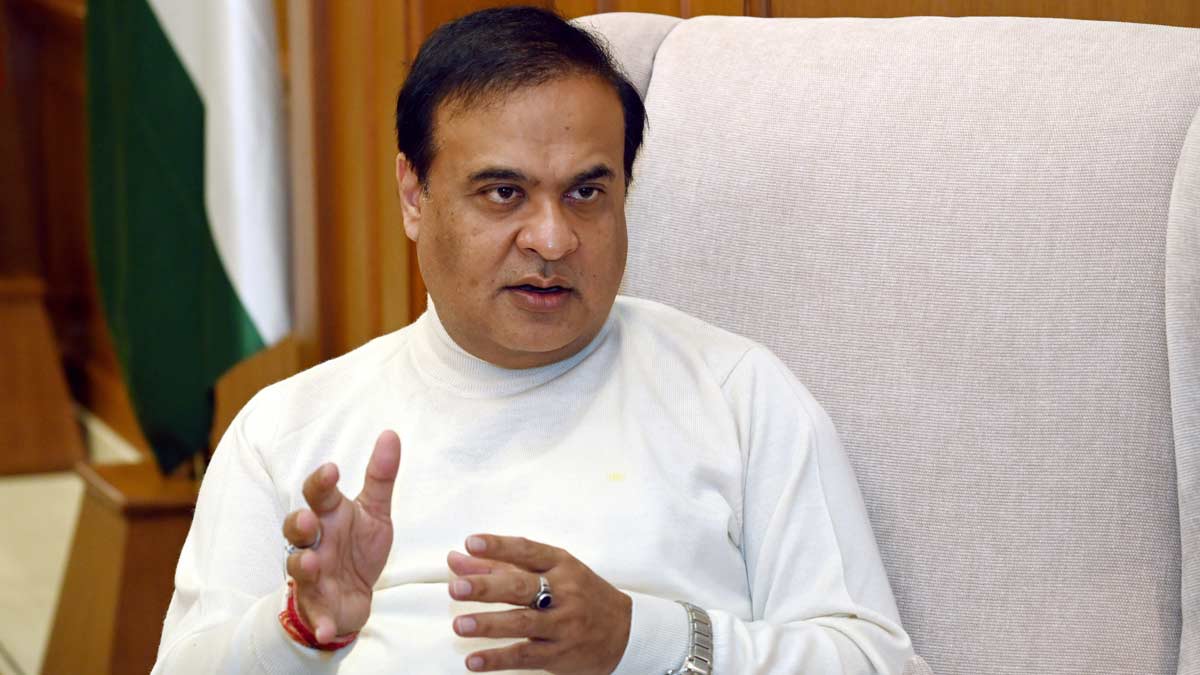1983 Nellie massacre: Why tabling of Tiwari Commission Report ahead of elections is crucial in Assam politics
 (File) Himanta Biswa Sarma | Salil Bera
(File) Himanta Biswa Sarma | Salil Bera
Months before the crucial assembly elections in Assam, the first one under chief minister Himanta Biswa Sarma, the painful memory of a 42-year-old massacre is set to be revived.
The Assam government will table the report of the Tiwari Commission during the assembly session beginning on November 25, bringing to light a document kept out of public view for more than four decades. The move comes ahead of state elections due in March–April 2026, which will be held along with the West Bengal polls, the two states where migration, illegal infiltrators, and the citizenship issue play a polarising role.
The Nellie massacre of February 18, 1983, was the deadliest episode that marked the agitation against illegal Bangladeshi migrants. Over several hours, mobs attacked villages in and around Nellie in Morigaon district. The official toll was over 1,800 deaths, mostly Bengali-origin Muslims, but unofficial estimates placed the number more than double that figure.
Ironically, no one was ever punished for this horrific crime, but the memory of the massacre had lingered on in the public consciousness.
In July 1983, the Congress government led by Hiteswar Saikia set up a Commission of Enquiry on Assam Disturbances under retired IAS officer Tribhuvan Prasad Tiwari. The commission was asked to examine the circumstances leading to violence, the administrative lapses, and ways to prevent its recurrence. Though the commission submitted a 600-page report in May 1984, no government tabled it. One, it could have revived a polarising debate, and another crucial element was that the government did not have in its possession a signed copy.
After the state cabinet under Chief Minister Himanta Biswa Sarma cleared the proposal to table the report in the winter session, Sarma said that copies with signatures were verified after state officials engaged with those who worked on it, and forensic tests were conducted. He said the government was satisfied the document is genuine and that a bold step must be taken to put it in the public domain.
Sarma, who will go to the polls with his five-year record, had taken an assertive position on the issue of illegal migrants with a strong Hindutva stance. His opponents, particularly from the Congress, charged that he was resurrecting a painful past in order to divert attention from the emotive issue of musician Zubeen Garg’s death.
Though the jury is still out, how far the report will help expose those responsible for the heinous crime is unclear. As the incident happened during the Congress regime, the report’s contentious issue may get raked up during the polls, whose reverberations will be felt in the neighbouring West Bengal also, where a special intensive revision of electoral rolls is set to take place, thus bringing into question the issue of illegal Bangladeshi migrants.
The successive Congress, AGP, and BJP governments avoided releasing the findings, though parts of the report were available informally.
The timing places the BJP in a position to revisit the history of the agitation before the election. Illegal migration, citizenship, and the status of Bengali-origin Muslims remain divisive themes in Assam’s electoral politics, where polarisation along ethnic and religious lines has played a recurrent role since the 1980s.
The victims of violence hardly receive state support. However, the protesters, particularly those from the All Assam Student Union, who had been carrying out protests against the illegal migrant members and died during the anti-foreigners movement, were recognised as “martyrs” and given financial compensation. The AASU protest was against the inclusion of migrants in the electoral rolls.
For the first time, however, an official document linked to the massacre will enter the Assembly record, and public domain, and thus available for research and interpretation.
Moreover, the violence had taken place during the assembly polls in 1983, after which the Congress government came to power. Now, 42 years later, the issue is likely to be raised again in the 2026 assembly elections.
India